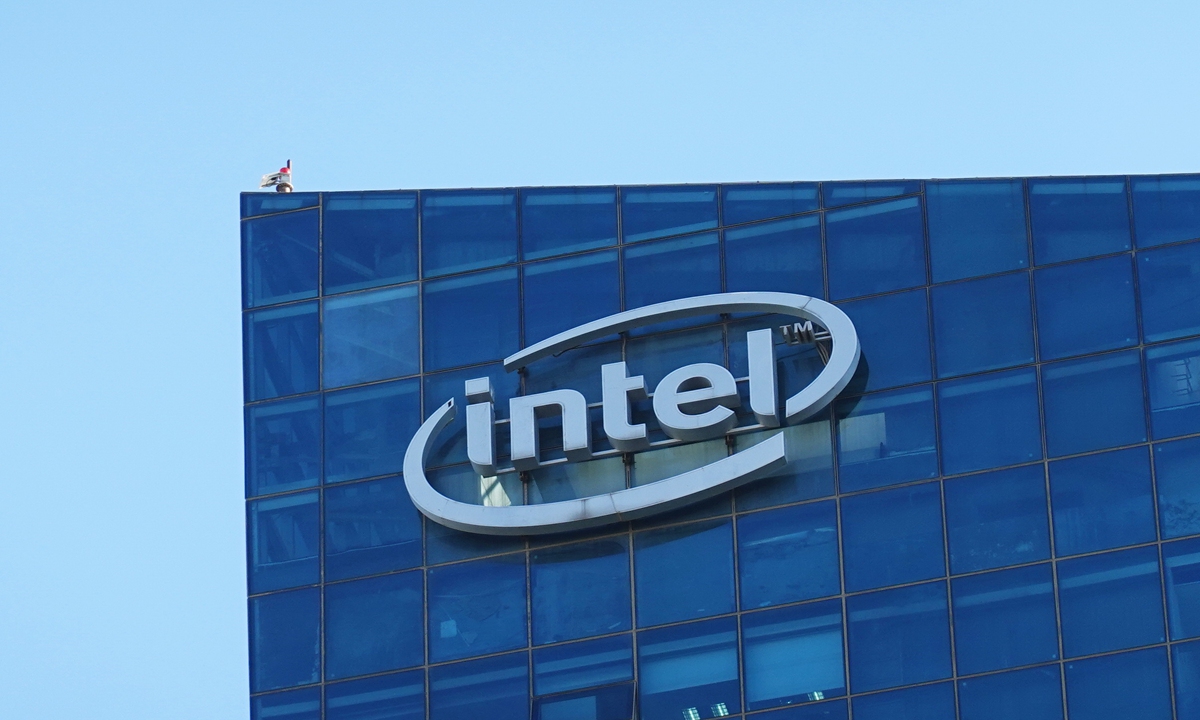Dongmu New Materials' Strategic Growth and Governance

In the ultra-competitive realm of materials technology, Dongmu New Materials Group Co., Ltd. is making notable strides as it embarks on a significant acquisition. This shift is not only about asset accumulation; it marks a well-thought-out strategy that intertwines growth aspirations with sound corporate governance. As the company plans to finance this acquisition through both a share issuance and a cash component, it raises critical questions for investors: how will this strategic move reshape the company's financial landscape, and what implications will it have for existing shareholder equity?
Firstly, the decision to finance the acquisition through equity issuance indicates a pivotal shift towards using equity capital rather than relying solely on debt. In the context of current low interest rates and a buoyant stock market, this may appear strategically sound. However, this decision has potential implications for existing shareholders, as new shares dilute their ownership and possibly alter perceptions of the company's EBITDA margins. For investors, understanding the nuances of how equity financing impacts their stakes is crucial. Furthermore, the involvement of private equity firms can also be seen as a signal of confidence in the company’s long-term growth trajectory. These partnerships often bring not just capital, but also management expertise, which can enhance operational efficiencies and innovation capabilities.
However, along this path to expansion, there are notable risks that the company must navigate. The pending approvals from the Shanghai Stock Exchange and the China Securities Regulatory Commission introduce an element of uncertainty. Regulatory environments can significantly influence corporate actions, much as we saw during the 2008 financial crisis, when banks faced stringent scrutiny that curtailed their expansion plans. Moreover, the management's assumption of legal responsibility for the accuracy of their transaction report emphasizes a critical element of corporate governance. A misstep here could lead to severe consequences, reminiscent of prior corporate scandals where transparency was lacking. This risk presents an additional layer of complexity that investors may need to factor into their analyses. With the potential for capital allocation to shift rapidly, how can investors safeguard their interests while supporting such strategic endeavors?
In conclusion, Dongmu New Materials Group Co., Ltd. is at a crossroads of opportunity and risk. As the company implements a strategy that seeks to bolster its market position through asset acquisition and streamlined governance, the attention must also shift towards understanding the broader economic implications of these movements. For institutional investors, this situation offers a chance to identify potential growth vectors while remaining vigilant about regulatory hurdles and legal liabilities. Ultimately, while this strategic pivot could carve out significant competitive advantages, it also underscores the necessity for diligent investor engagement and continuing compliance with evolving regulatory standards.
Read These Next

US 30 Year Mortgage Rate Hits 658 Percent Says Freddie Mac
Freddie Mac reports a 30-year mortgage rate of 6.58%, affecting real estate demand and investor returns.

Google Pixel 10 Launch: AAI Focus Over Phones
Google's launch of Pixel 10 smartphones pivots strategically towards AI competition with firms like OpenAI, showcasing advanced software features via its Gemini models. This shift underlines the importance of user engagement through innovative AI, leveraging its extensive Android user base while also addressing challenges in monetization and competition, particularly against Apple.

US Government Set to Acquire 10 Percent Stake in Intel
The US government plans to acquire a 10% stake in Intel to boost national security and the semiconductor industry, raising competitiveness concerns.
